Plant extracts refer to substances with biological activity that are extracted from plants using various physical or chemical methods. These extracts contain active components from plant parts such as roots, stems, leaves, flowers, fruits, or seeds. Plant extracts have wide applications in pharmaceuticals, health supplements, cosmetics, food, and beverages. As interest in natural ingredients and therapies grows, the use and research of plant extracts continue to thrive. This article delves into the definition, extraction methods, health benefits, market trends, and future developments of plant extracts.
1. Definition and Classification of Plant Extracts
Plant extracts are substances obtained from various parts of a plant, including roots, stems, leaves, flowers, fruits, or seeds, through specific extraction methods. The main components in plant extracts include natural chemical compounds such as flavonoids, terpenes, phenolic compounds, glycosides, and sterols. These components have widespread applications in traditional medicine, and modern scientific research has further uncovered their biological activities, pharmacological effects, and health benefits.
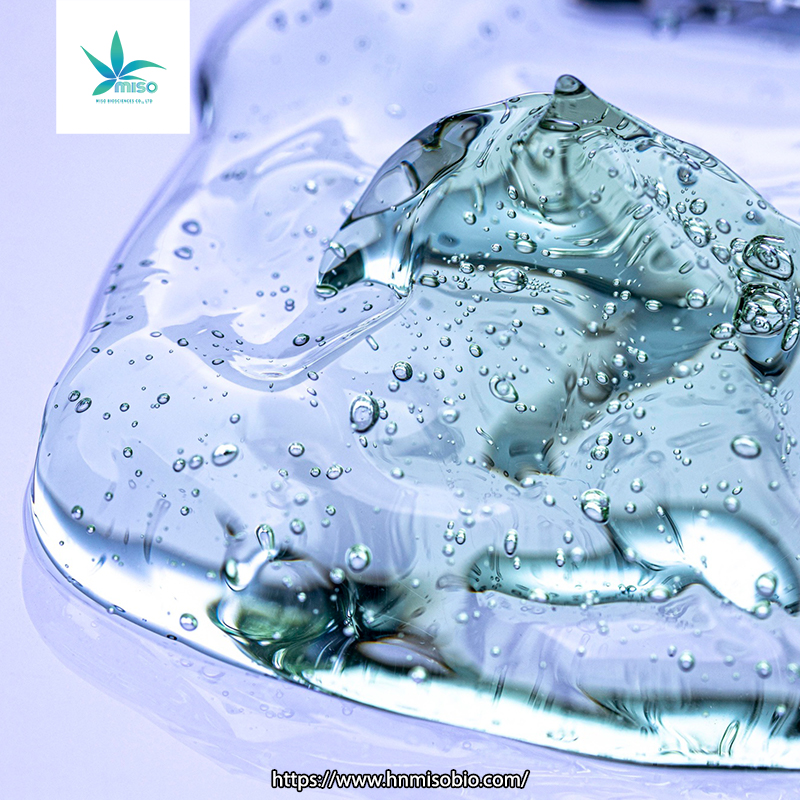
Plant extracts can be broadly classified into two types:
1. Water-Soluble Extracts: These are extracts containing compounds that are soluble in water, such as plant sugars, acids, and certain amino acids. Examples include goji berry extracts and red date extracts.
2. Fat-Soluble Extracts: These are extracts containing compounds that are soluble in fats or extracted using fat-soluble solvents, such as essential oils, carotenoids, and plant sterols.
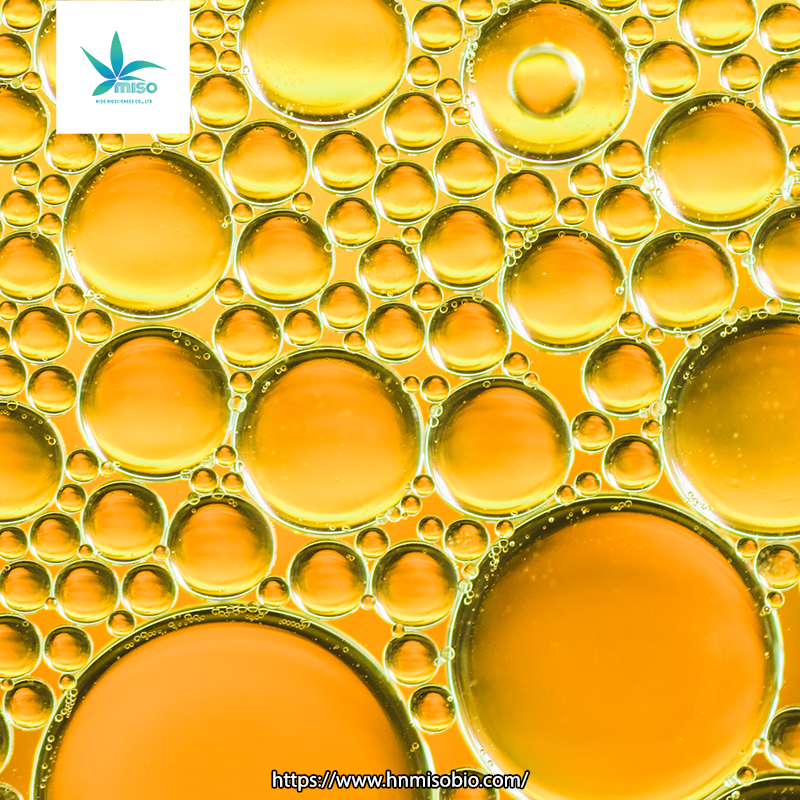
2. Extraction Techniques for Plant Extracts
The extraction methods directly influence the quality and application of plant extracts. Common extraction techniques include:
1. Solvent Extraction:
This is a traditional extraction technique where organic solvents (such as ethanol, acetone, chloroform, etc.) are used to extract active components from plants. Solvent extraction is simple and cost-effective, but it may also extract undesirable compounds, so further concentration and purification steps are needed.
2. Supercritical Fluid Extraction (SFE):
Supercritical fluid extraction uses supercritical carbon dioxide (CO₂) as a solvent to extract plant active ingredients. This method not only efficiently extracts plant components but also avoids solvent residues and retains the natural structure of the components. It is suitable for extracting high-purity essential oils and plant pigments.
3. Steam Distillation:
Steam distillation is commonly used to extract essential oils from flowers and leaves, such as lavender, mint, and rose. In this method, steam helps volatilize the aromatic components from the plant, which are then condensed and collected as essential oils.
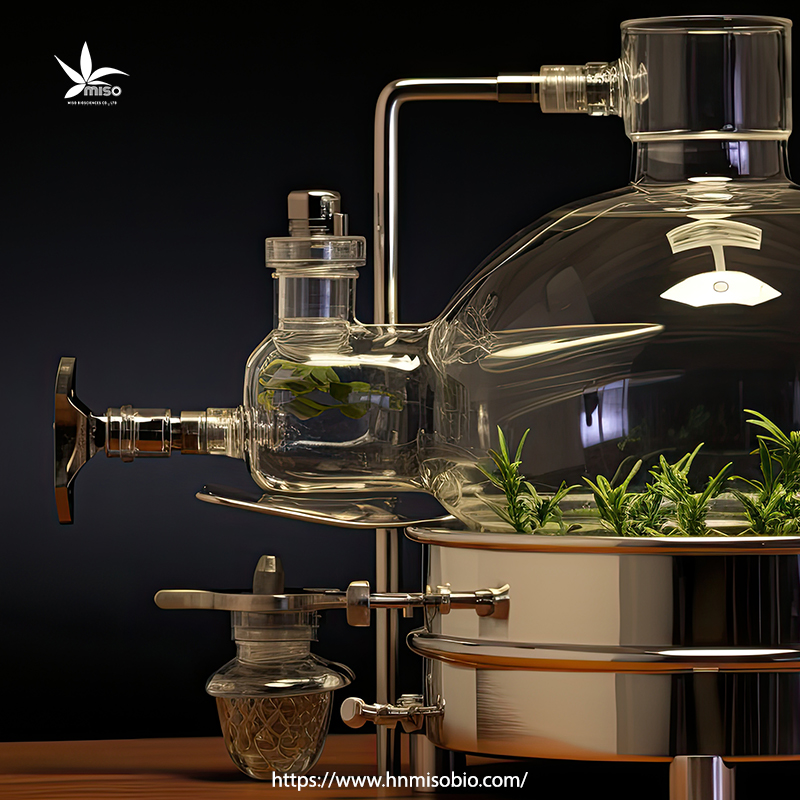
4. Cold Pressing:
Cold pressing is mainly used for extracting oils from the peel of citrus fruits, such as oranges and lemons. This method avoids high temperatures and preserves the natural nutrients in the oils, such as lemon oil and orange peel oil.
5. Enzyme Extraction:
Enzyme extraction involves breaking down the plant cell wall using enzymes, making it easier to extract active ingredients like polysaccharides and proteins. This method is often used in the extraction of plant sugars and proteins.
3. Health Benefits of Plant Extracts
Plant extracts are rich in bioactive compounds, and many have well-established health benefits. Below are some of the key benefits of common plant extracts:
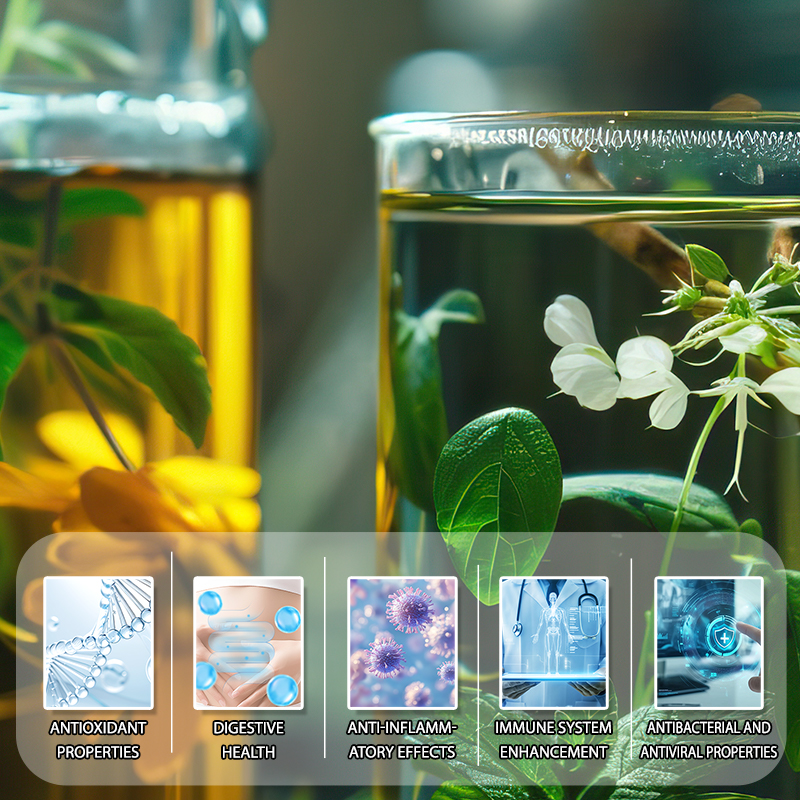
1. Antioxidant Properties:
Many plant extracts are rich in flavonoids, phenolic acids, and other antioxidant compounds that help neutralize free radicals in the body, slow down aging, and prevent oxidative damage. For example, green tea extract, rich in catechins, and resveratrol extracts are known for their powerful antioxidant effects, which can help prevent cardiovascular diseases, cancer, and other chronic conditions.
2. Anti-inflammatory Effects:
Some plant extracts, such as turmeric extract (curcumin), exhibit significant anti-inflammatory effects that can help alleviate chronic inflammatory conditions like arthritis and inflammatory bowel diseases. Additionally, olive leaf extract and echinacea extracts have been widely studied for their anti-inflammatory benefits.
3. Immune System Enhancement:
Certain plant extracts are believed to enhance the immune system. Ginseng, goji berries, and astragalus are commonly used to improve immune function and help the body resist infections. For example, ginseng extract is known to boost energy levels and resistance to fatigue, making it a popular supplement for immune health and anti-aging.
4. Antibacterial and Antiviral Properties:
Some plant extracts have natural antibacterial and antiviral properties. Garlic extract and tea tree oil are known for their broad-spectrum antibacterial activity, which can be used to treat skin infections and respiratory issues. Moreover, honeysuckle and forsythia extracts have shown antiviral effects and can help prevent or treat common colds and flu.
5. Digestive Health:
Many plant extracts promote digestive health. Peppermint extract can relieve bloating, indigestion, and nausea, while ginger extract is widely used to alleviate nausea, vomiting, and stomach discomfort.
4. Applications of Plant Extracts in Medicine, Health Supplements, and Cosmetics
Due to their diverse benefits, plant extracts are extensively used in several industries, particularly in pharmaceuticals, health supplements, and cosmetics.
1. Pharmaceuticals:
Traditional plant medicines have found increasing application in modern medicine. Plant extracts serve as the basis for many therapeutic agents. For instance, paclitaxel (extracted from the yew tree) is an important cancer treatment, and salvia miltiorrhiza extract is used in treating cardiovascular diseases.
2. Health Supplements:
In the modern health supplement market, plant extracts are commonly used as active ingredients in products that enhance immunity, promote anti-aging, and combat fatigue. Common extracts include goji berry, ginseng, ginkgo biloba, and grape seed extracts, which help maintain health through immune enhancement, improved circulation, and antioxidant action.
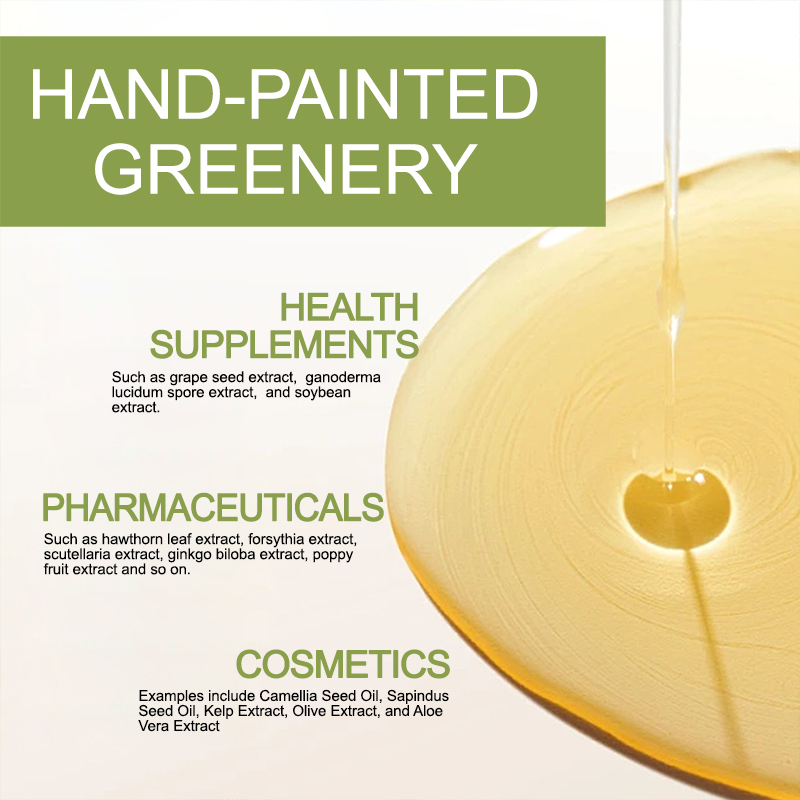
3. Cosmetics:
Plant extracts play a significant role in cosmetics due to their gentleness and natural properties. Aloe vera extract, rose extract, and lavender extract are commonly used in skincare products for their moisturizing, soothing, anti-aging, and anti-allergy effects. The natural nature of plant extracts makes them the primary ingredient in green and natural skincare products that cater to consumers seeking safe, non-toxic solutions.
5. Market Trends and Challenges in Plant Extracts
With growing consumer demand for natural products, the market for plant extracts is expanding rapidly. According to market research, the global plant extract market is expected to continue growing in the coming years, especially in health supplements, cosmetics, and food additives. However, the industry faces several challenges:
1. Sustainability of Raw Materials:
With the increasing demand for plant extracts, some plant species may face the risk of overharvesting. Ensuring the sustainable sourcing of plant extracts and avoiding ecological damage is crucial for the long-term development of the industry.
2. Standardization and Quality Control:
The quality of plant extracts is influenced by factors such as growing conditions, extraction methods, and environmental variables. Standardizing the quality and ensuring the consistency of plant extracts are ongoing challenges in the industry. Unified quality control standards are necessary to guarantee product effectiveness and safety.
3. Consumer Education and Awareness:
While the health benefits of plant extracts are increasingly recognized, some consumers still lack sufficient knowledge and understanding. Educating consumers about the safety, efficacy, and proper use of plant extract products is vital for the industry’s growth.
6. Conclusion
Plant extracts, as a natural and green resource, play an increasingly important role in modern society. Whether in pharmaceuticals, health supplements, cosmetics, or food, plant extracts offer unique bioactive compounds with wide-ranging benefits. With continued advancements in extraction techniques and the growing demand for natural products, plant extracts will continue to unlock great potential for human health and environmental sustainability. At the same time, the industry must address challenges related to sustainability, quality control, and consumer education to ensure the healthy development of plant extract-based products in the future.